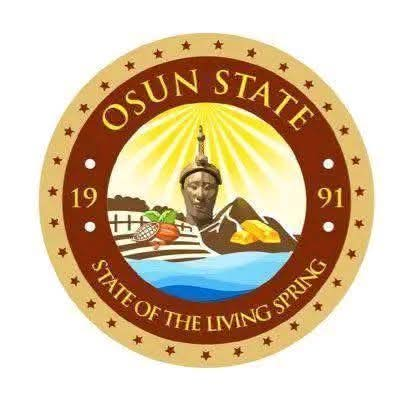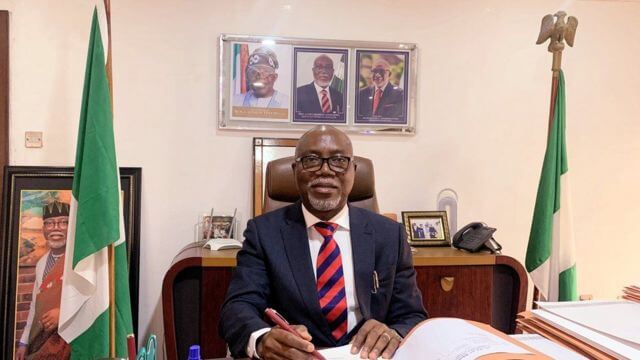Following the collapse of crude oil prices from 2014 to date , which triggered unpleasant memories to Nigerian government which found itself in unchartered waters. Since than It continues to struggle to revive the economy amidst dwindling oil revenues compounded by unemployment, poverty and insecurity and due to over defendants on one major government revenue the country remains weak and fragile -being outstripped by population growth.
Who to blame for this mess up: Provocative policy of the Nigerian government is the dependence on oil resources as a source of foreign exchange earnings to the detriment of agriculture despite the country is blessed with untapped mineral resources. With outbreak of the coronavirus, which has puts global economics in uncertainty again, Nigeria’s economy is being caught in the cross-hairs.
Nigeria the so called Africa’s largest economy cannot currently fund its budget due to Covid 19 because budget passed with a benchmark oil price of $57 per barrel—nearly double its current price of around $28, knowing fully government relies heavily on petrodollars. It is now unarguably, the collapse of oil prices not only pose a strategic danger to the global economy but it has been danger to Nigeria’s economy development and also a catalyst behind nation domestic predicaments.
Absolutely there is lack of foresight from our leaders for not save as much as possible especially when the crude oil price reached its peak but Nigeria Forex reserve is $37billion and can finance 4months of imports max and Nigeria technically has $2,2billion.
Even before Covid 19 pandemic Saudi threw OPEC members under the bus because Russia refuses to cut production to prop price up. Saudi flooded the market and offered discount to buyers. Russia refused production costs because it thinks; cuts empower Shale producers in America. Now Nigeria have about 50cargoes of oil floating on international waters without buyers. A cargo contains about 2 million barrels of oil.
Now Nigeria is facing severe challenges. Oil price volatility is accentuated by rising commodity prices, possibly the devaluation of the naira against the U.S. dollar. Time for economy diversification
Notwithstanding federal government trying to diversify the country economy but non-oil sector growth has not translated to improvements in government revenue. There is no state in Nigeria with less than 10 untapped different mineral resources. Regards to diversification of the economy there is need for Federal government to develop the country untapped mineral. Despite this huge opportunity still domestic mining industry is underdeveloped, leading to Nigeria having to import minerals that it could produce domestically.
According to 2018 report of geology and mineral resources of Nigeria estimated Nigeria’s iron ore deposit to reach three billion tonnes, coal, three billion tonnes while lead and zinc are to reach 10 million tonnes each. If Federal Government can make a lot of money from mining if well exploited and invest into coal, gold, tantalite, and cassiterite to shore up revenue. Just from iron ore experts says Federal Government can make $280 billion from iron ore annually more than what the country earn from crude oil. The country will set itself free unless federal government develop the country untapped mineral industry, modernise the agricultural sector and develop the tourism industry.
Abba Dukawa writes from Kano
Share via:





